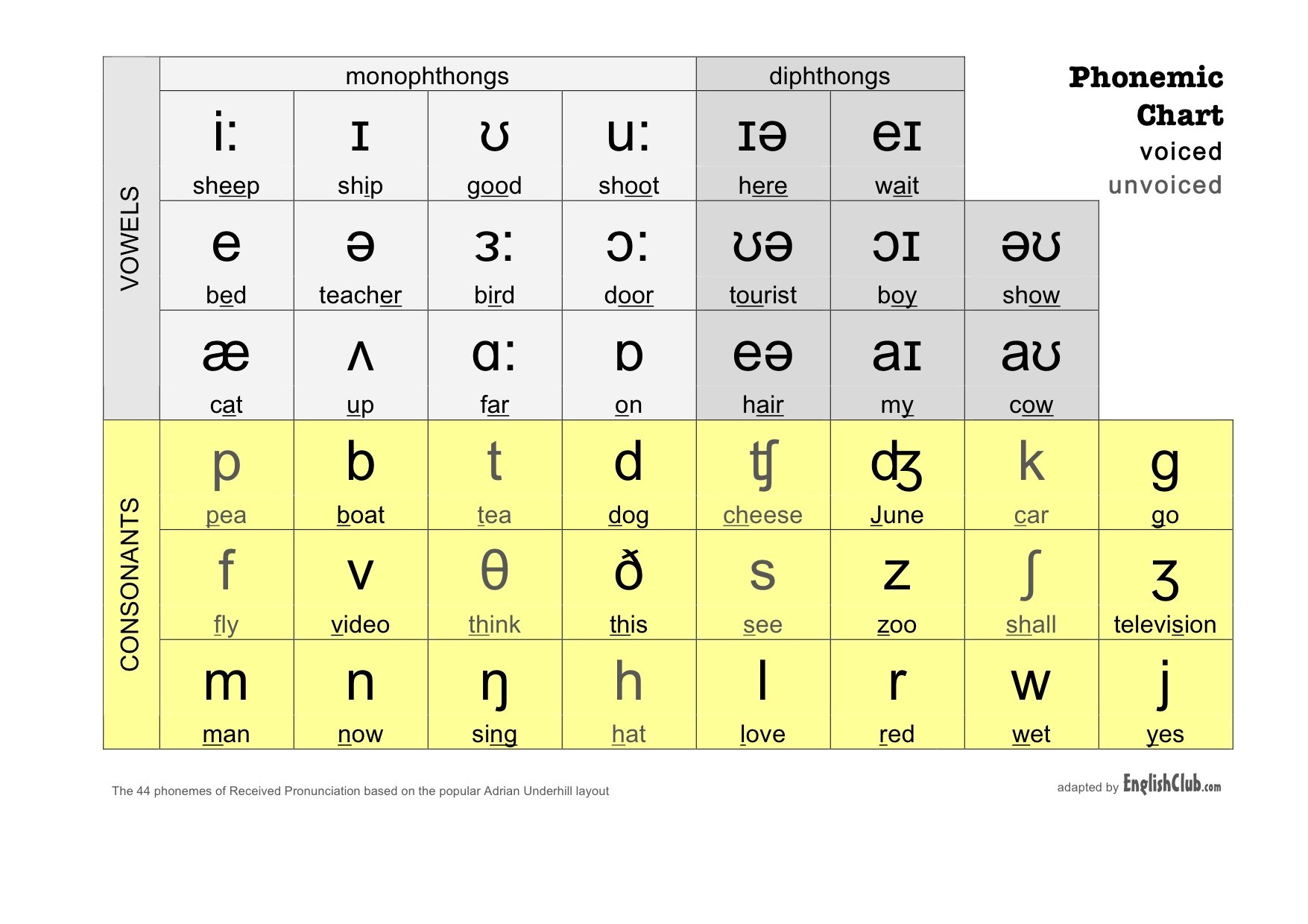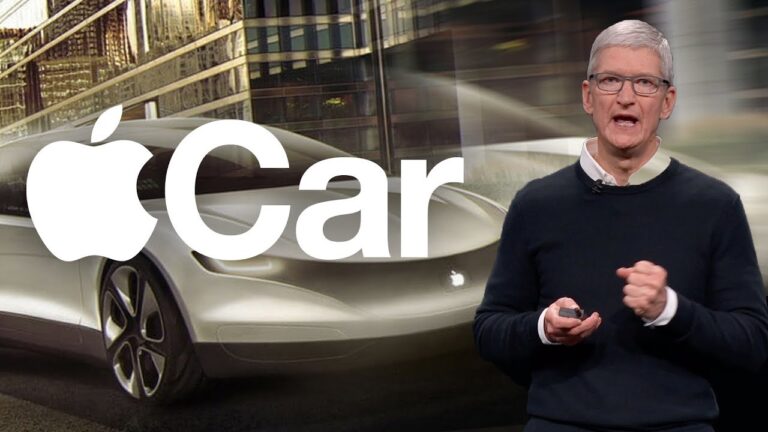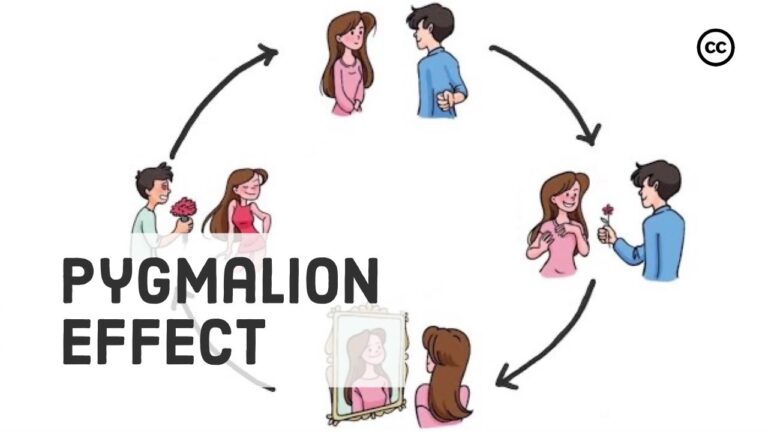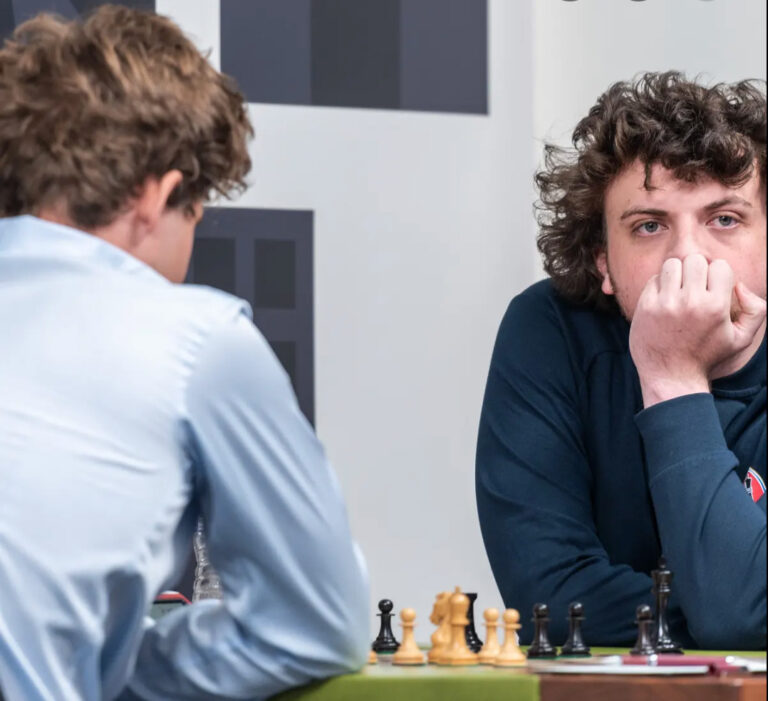Warm up
—- * * FOR NEW STUDENTS ** ————————————— ————
- What industry do you work in and what is your role?
- What are your responses in your role / position?
- Can you describe to the function of your workplace / company?
- How many departments, how many offices. National or International?
- What are the minimum requirements for employment ie Education or Experience?
- How many opportunities are there to ‘move up the ladder’?
- What is the process for changing job roles ie Interview? Test?
————————————————– —— ——————————————– ——- —
General discussion about your workweek:
- Current projects? Deadlines? Opportunities?
- Anything of interest happening?
————————————————– —— ——————————————– ——–
Script
1. Speaking at the Forbes 400 Summit on Philanthropy, the couple discussed plans to make sure that Covid-19 treatments and vaccines don’t just go to the highest-bidding nations but are distributed equitably.
2. As the coronavirus pandemic continues to ravage the globe, Bill and Melinda Gates have been on the forefront of coordinating the search for effective prevention and treatment of the disease. The couple, who has spent years fighting against infectious diseases like polio, is critical of the U.S. response to Covid-19–its testing and contact-tracing efforts lag behind countries like Germany.
3. “Usually the United States plays a role in global problem-solving, so rather than withdrawing from WHO, they’d be involved, collaborating with other countries, not just trying to cast blame. It’s a tricky situation, where the U.S. sort of turned inward on this one,” Bill Gates said at the ninth annual and first virtual Forbes 400 Summit on Philanthropy last Thursday.
4. “We’re trying to stitch different country efforts together. The European leaders are trying to fill that vacuum,” the Microsoft cofounder told the 200-plus philanthropists gathered online for his talk. “[U.S. inaction] erodes the kind of relationship and admiration and self-confidence that people have had in us as a country,”
5. added Gates, who brought up the WHO’s key role in the fight against smallpox and polio. Gates said that “rationality will reappear from someone at some point,” and hoped that the U.S. will work with other countries and step up the way it did with smallpox, malaria, polio and HIV.
6. Though the virus will remain a threat until the majority of the globe is inoculated, Gates says he is optimistic about the initial results from three coronavirus vaccine candidates (made by Moderna, AstraZeneca and Johnson & Johnson). But the real test will be in the manufacturing and distribution of the eventual product, because the world needs more than 10 billion doses to vaccinate 80% of the population (the current estimate of percentage needed to achieve herd immunity) with a two-dose vaccine.
7. The tech visionary estimated that it’s a doable task over two years if both AstraZeneca and Johnson & Johnson’s candidates are successful, but the prolonged manufacturing process means there needs to be coordination in how the vaccine is distributed.
8. “One of the reasons we are so involved in this is that you don’t want the first vaccines to go to the highest-bidding countries,” Melinda Gates explained. “There are 60 million healthcare workers [around the world]. They deserve to get the vaccine first, they’re the ones dealing with this on the front lines, trying to keep us all safe.
9. And then you have to start to tier from there, based on the countries and the populations. Here in the United States, it’s going to be Black people who really should get it first and many indigenous people, as well as people with underlying symptoms, and then elderly people.”
10. The couple, whose Bill and Melinda Gates Foundation has committed more than $350 million to fight the coronavirus, plans to utilize two nonprofits—The Global Fund To Fight AIDS, Tuberculosis and Malaria, and Gavi, the Vaccine Alliance—to help equitably distribute therapeutics and vaccines to developing countries. Their foundation pledged an additional $1.6 billion in early June to assist with Gavi’s wider mission for the next five years.
11. The Gateses also reiterated their support for the World Health Organization, with which they’ve worked for two decades. “It is not perfect, it’s not even close to perfect, but it is what the world set up after World War II to deal with things like this pandemic,” Melinda said of the WHO. President Trump announced the U.S.’ intention to withdraw membership and funding from the international organization in late May.
12. Melinda Gates revealed that when Ebola broke out in East Africa and made its way to Lagos, Nigeria—one of the most populous cities in the world—the WHO converted its polio resources to fight the new threat.
13. Polio clinics became emergency response clinics that did contact tracing and quarantining, which prevented the virus from spreading to the U.S. “The world got lucky on Ebola,” said Melinda, who reminded the audience that diseases like measles were more infectious than coronavirus. “There are other hemorrhagic fevers out there. If we don’t have a functioning WHO, we’re not going to see an immediate response like that.”
Discussion
1. If a vaccine is found for this virus, would you take it or would you just rely on your immune system? How about side effects?
2. Who do you think should get vaccinated first if a vaccine is found?
3.
Do you think the coronavirus vaccine should be free for all?
Phonetic Chart



